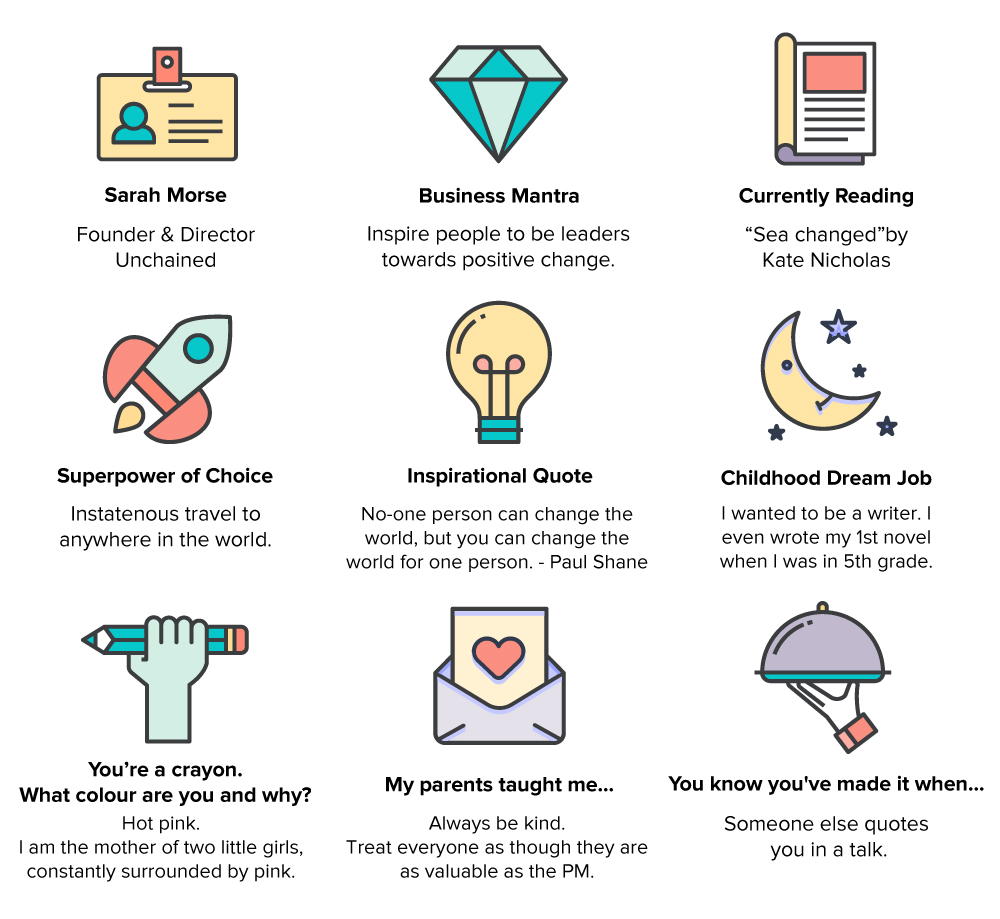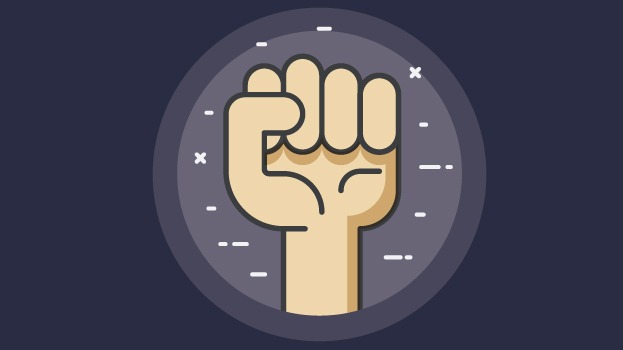All numbers seem impersonal, until they’re not.
As I watch the numbers of Covid-19 cases fall in our country, and see them increase in others, I am grateful that I don’t live in those countries who have lost thousands of people. I am grateful that I no longer live in Madrid, a city which was home for five years, which has been one of the hardest hit.
A few weeks ago, on a Monday, I was chatting with my colleague about the numbers in his home country of Ireland. He said that his sister had had Covid-19, but was recovering well. On Thursday of that week, he announced a little pale-faced with no explanation that he would be working from home the next day.
When I returned to work on Monday, it was to the news that his mum had contracted coronavirus and had died within three days. As he was reeling from his mum’s death, the news came that his Dad had also tested positive, and just two weeks later, his dad also passed. Unable to return home due to lockdown, he has to manage his grief here, on the other side of the world, apart from his family. He has taken several weeks off work, and when he popped into the office a few days ago, he looked dishevelled, sleep deprived and desperate.
Suddenly, the numbers are personal. Suddenly, it is not an objective conversation, but the sickening feeling of loss and grief for my colleague. Now, because I know someone directly affected, I can put myself in his shoes – what if that were my parents? What if I was on the other side of the world and I couldn’t get home? What if someone I love dies from Covid-19?
While we may not have all been impacted by the death of a loved one from Covid-19, we are all facing loss to some degree – loss of employment, loss of financial security, loss of freedom, loss of purpose to name a few.
The security we thought we had was threatened or taken away overnight. We were prevented from doing the things that define us. We were forced to confront our shadows, and ask bigger questions of identity and purpose. The world as we knew it has changed, and we are grieving that loss both individually and collectively.
It’s not just about our own personal loss. Everyone knows someone who has been affected – from the local café with excellent coffee which shut, to our spouse who lost their jobs, to those who have lost loved ones and were not allowed to grieve for them in numbers greater than ten.
Those who had thriving businesses which have collapsed, those who cannot pay their rent, those families who have struggled through the stress of home-schooling, those migrant workers, international students and artists who do not qualify for government help payments. We need to acknowledge this narrative of grief that has defined 2020.
A friend told me last week that she wept when she walked through the deserted Sydney CBD during lockdown, at the numbers of small businesses, cafes and service providers which have closed and may never recover.
She told me the story of a single lady on her team who lived by herself, and in the middle of lockdown, confessed on a Zoom meeting that she had not been touched by another human in six weeks. Her loneliness and lack of physical touch are causing her deep grief. Grief which will impact every aspect of her life, from her mental wellbeing to her ability to be productive at work.
Such grief in mass has never been recorded in modern history. Never before have all countries around the world and all people from different walks of life shared something in common of such a magnitude.
Many of us did not know what to do with these feelings of grief, fear and uncertainty when they sprang at us unexpectedly. And so, we fought over toilet paper, and bought pasta and rice, hoping that would be enough to protect us from this invisible enemy.
Although things are gradually returning to “normal” again, we will miss an opportunity to support those in our teams if we do not acknowledge the loss so many have faced in this time, and the grief which comes with it.
We cannot expect our teams to thrive, when they are down. So, what can we do to help them begin to heal? Here I share 5 actions you can take today:
1. Stand Without Judgement With Those Who Are Grieving
Acknowledge grief in your workplace and stand with those who are grieving with empathy, without trying to give answers or solutions.
Making yourself available and listening to others is the best you can do for them now.
2. Acknowledge That For Each Person, Grief Is Different.
For one person, not being able to go to the gym is a welcome relief, and an excuse to stay home in their tracksuit. For another, the gym might be the place where they find their centre, and their commitment to staying fit is their highest priority.
For someone else, it’s not just the gym itself, but the chat they have with the receptionist on the way in, and the banter with the barrister next door as they grab a coffee on their way out, which may be the only things which stand between them and a great void of secret loneliness.
All in all, everyone is different and as such will respond differently to grief. Everyone has different lives, needs and personalities, and as such, will be affected differently.
The best you can do is to take nothing for granted and remain open-minded when connecting with your team.
3. Don’t Try And Compare Grief.
I must acknowledge that my seven-year-old daughter’s grief over not seeing her friends at school and playing games in the playground, is just as valid for her as the grief I feel over the loss of an income in our household, or the loss of momentum in my business.
There is no need to compare because everyone’s grief will depend on their life experience. Now is not the time to judge, but the time for compassion.
4. Understand That Grief Presents Itself In Different Ways
In children, it can often present as anger and tantrums or silent withdrawal. In adults we may notice that our colleagues are more vague than usual, and unable to make decisions quickly, or are more snappy.
In ourselves, in the quietness of our bedrooms away from the zoom calls, we become teary, exhausted, unable to complete simple tasks or prioritise.
Learn to recognise differences in behaviour or personality in yourself just as much as your team members. Organise regular video calls so as to be able to read their body language. Humanise yourself and share your vulnerabilities with others.
By doing so, you will create the space for others to be themselves and share their grief. The more open and understood your team will feel, the more connected and productive they will be at work.
5. Lead Your Teams Out Of Grief To A Greater Sense Of Purpose.
When we acknowledge our grief, and allow ourselves and those around us to grieve, we can gain a new perspective. We are able to empathise more with others, and identify with their suffering.
When we see a homeless person on the street for instance, we realise that instead of being a hundred steps away, it could have been us who lost our home. We remember that there was a time when we were out of work, when we couldn’t care for our children in the way we wanted. There was a time when we saw the fear in our partner’s eyes, and didn’t know what we would do.
If any good has come from this experience, I would say it’s the heightened sense of empathy. It is our responsibility to foster this new skill in our workplaces and at home over the long term.
This will make business more meaningful, thus taking us into a kinder, more compassionate and more successful world.
Like a phoenix rising from the ashes, our pain makes us resilient. It can also make us kinder as we share our own pain. It can make us grateful. Grateful for the food on our plates, for our families who we missed even though they drive us crazy, and for our kids who we hold extra tight and kiss their noses as they sleep. It makes us grateful for fresh air, exercise and sun, the commute to work, to be around people. It makes us grateful for that job we managed to keep, even though it might not be exactly where we want to be.
And so, as we begin to emerge from lockdown, what if it were as a butterfly from a cocoon – changed to be sure, but more beautiful in the process?
What if from our grief, beauty emerged, and we were able to become more resilient, kind and grateful people with restored purpose and humanity? What if we asked ourselves “what is the world we want to create” and then set about creating it?
Sarah is a professional speaker and masterful storyteller. In light of the Covid-19 pandemic, she has developed a workshop on the topic of loss titled: “Finding meaning through loss.” This workshop is available in 30-90 minute time frames, as a thought-provoking seminar, or as an interactive workshop. Contact Sarah for a conversation about pricing and times.














 June 18, 2020
June 18, 2020 







